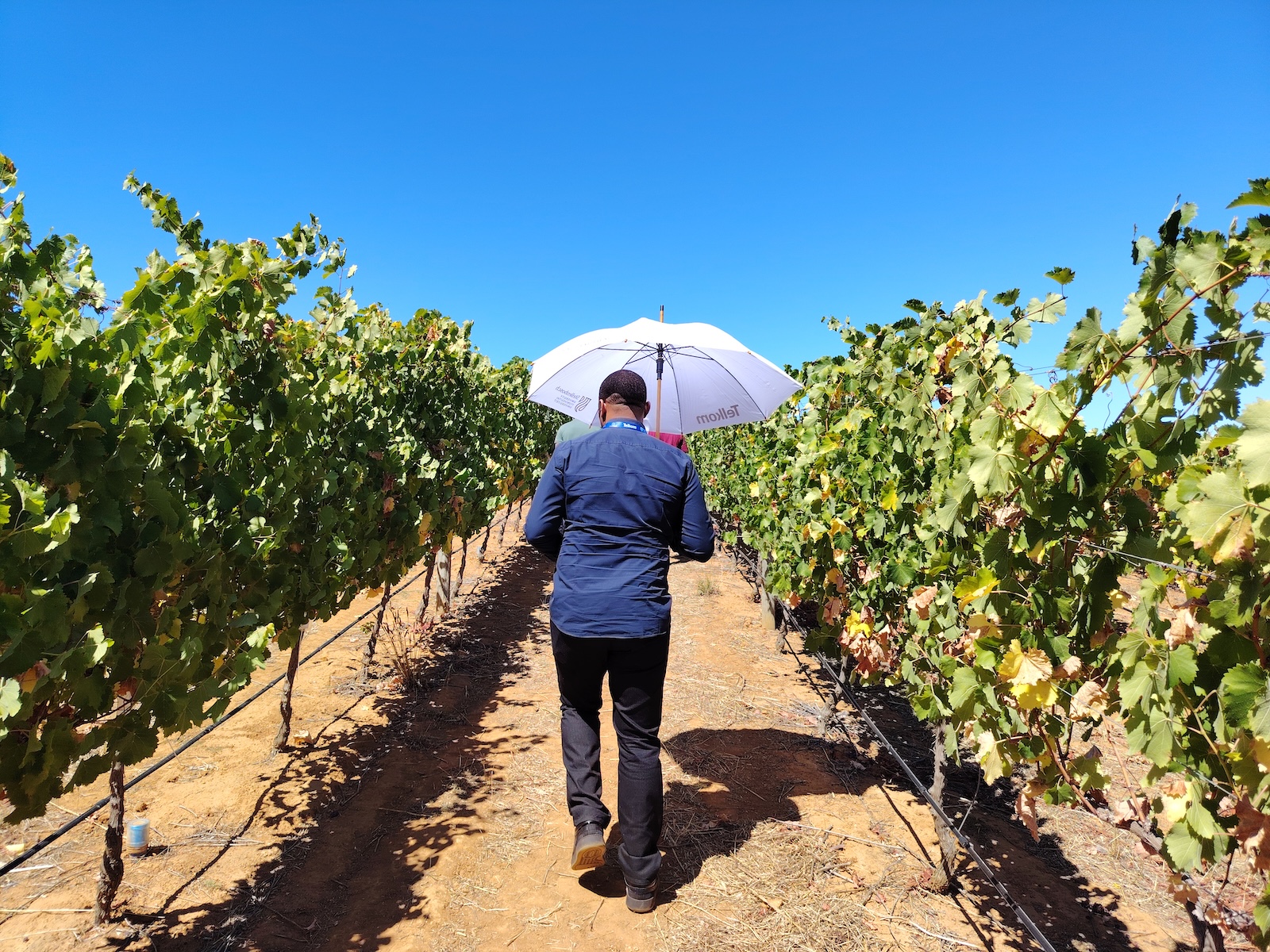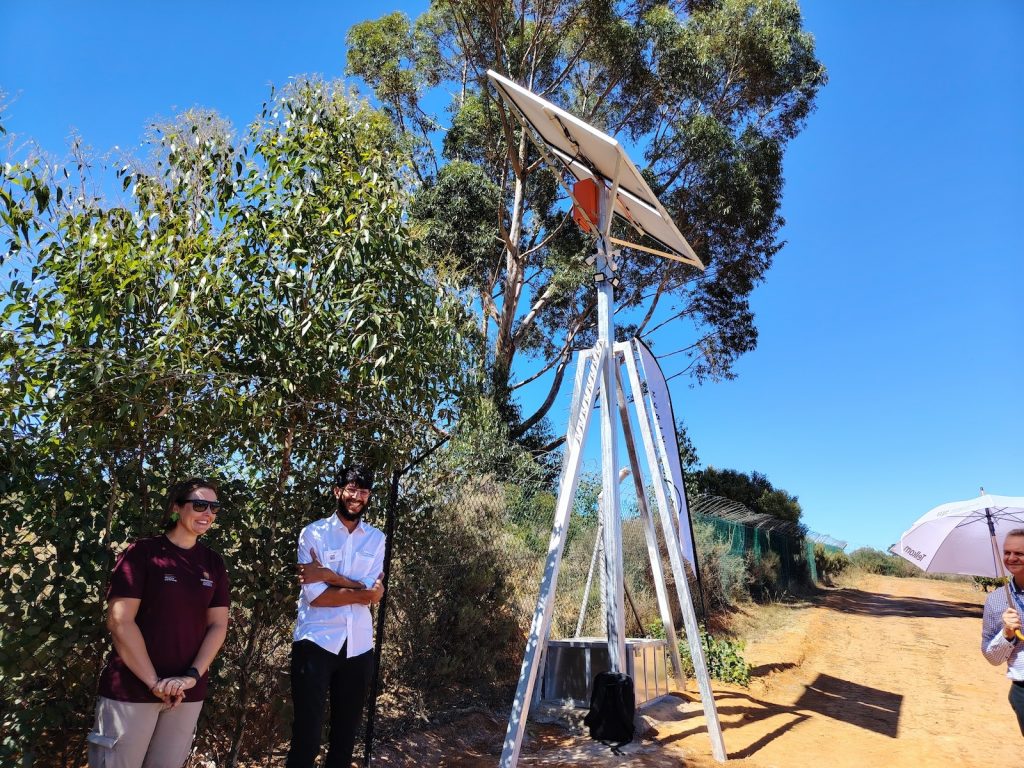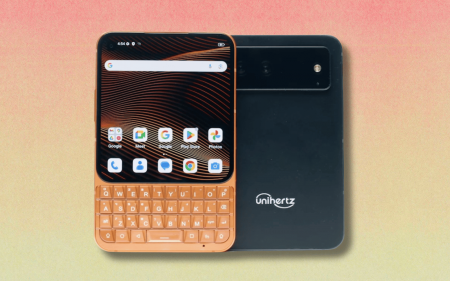There’s a lot of noise around farmers in South Africa at the moment but Telkom has news of a different sort. It has launched a new smart agritech initiative in South Africa in association with Stellenbosch University, a company called Aizatron, and South Africa Wines.
The event, held today at the Lanzerac Hotel in Stellenbosch, featured several industry heads, including government ministers and provincial government representatives, but the interesting part, from Stuff‘s point of view, took place before the official event kicked off. The cool stuff was on display at a nearby farm managed by Stellenbosch University.
That’s some Smart Agritech
 There are several parts of the smart agritech project. There’s something called a Smart Tower, a field device called a Smart Logger, and mobile connectivity between the pair provided by Telkom. We got to see these in the field, collecting data on an experimental farm used to maximise yields and enhance wine quality. That’s the intent, at least.
There are several parts of the smart agritech project. There’s something called a Smart Tower, a field device called a Smart Logger, and mobile connectivity between the pair provided by Telkom. We got to see these in the field, collecting data on an experimental farm used to maximise yields and enhance wine quality. That’s the intent, at least.
The Smart Logger is the bit that lives near the vines. It’s fitted with up to seven sensors — three microvolt, three temperature, and one Modbus sensor that was used to monitor soil moisture. It provides remote access to the data collected, staying online thanks to four lithium-ion batteries and a compact 9V solar panel. This data is sent to the smart tower — over 2G in the test devices but using both 3G and LTE in future examples — where it’s analysed.
The Smart Tower is where everything happens. It’s capable of using AI models to detect changes in fields via standard video cameras on quite an advanced level but it’s also able to do more. Facial recognition, license plate recognition, and other video detection technologies can run on it, meaning the hardware can live in a data centre if it has to. The hardware, created by Aizatron, is secondary to the software and algorithms that actually run upon it. Aizatron also makes that, so they’re on to a good thing.

The larger tower — ours was freshly installed — is powered by a large solar panel but is capable of running without sunlight for three days. After that, though…
The tower acts as a network relay for the Logger devices, sending sensor updates to a central location via LTE at a rate of one update per minute. This would benefit farmers by ensuring up-to-the-minute data, allowing for detailed and effective harvesting, more efficient watering, and even futureproofing future plantings.
As for when you can expect smart agritech in local fields… the tech exists and is in the field but it seems we’ll have a short wait on our hands before AI-enhanced South African wine bottles are on shelves around the world.




